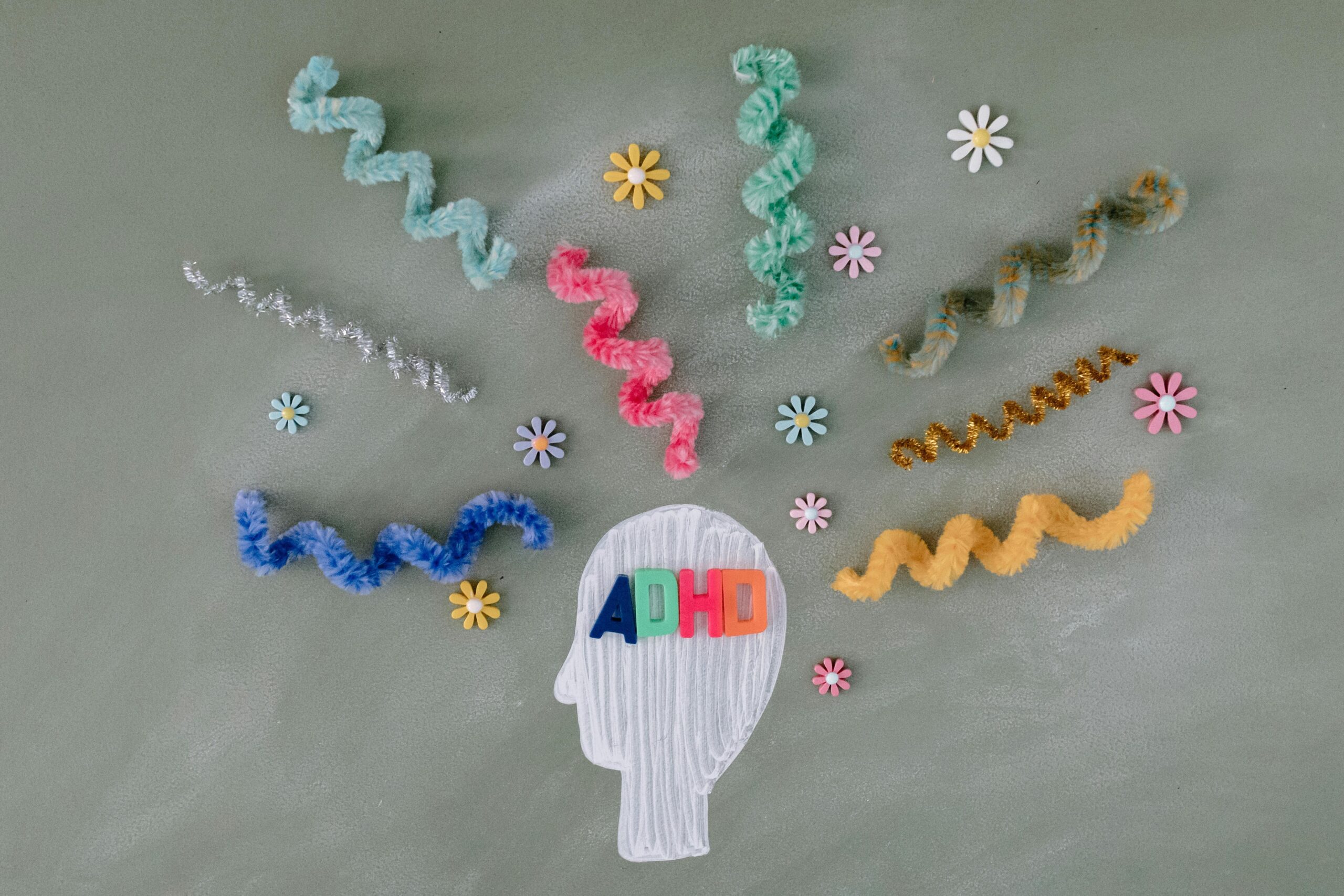
Why do you sometimes stare at your to-do list, know exactly what needs to be done, but feel completely unable to begin?
Could that invisible force field between you and taking action be something other than laziness or lack of willpower? What if it’s actually an executive function challenge called activation?
What are Executive Functions?
Executive functions are essentially your brain’s management system. They’re the cognitive processes that help you organise thoughts, regulate emotions, plan ahead, remember instructions, and manage tasks. Think of them as your internal CEO, coordinating different brain activities to accomplish goals.
For those with ADHD, executive functions can be up to 30% impaired, which affects daily functioning in ways that aren’t always obvious. These impairments don’t reflect intelligence or desire, they’re neurological differences in how the brain processes and manages information. Understanding these differences is key to unlocking your potential rather than fighting against your natural wiring.
What is Activation?
Activation is one of the six core executive functions identified in Dr. Thomas Brown’s model of ADHD. It involves organising tasks and materials, estimating time, prioritising, and crucially, getting started on work tasks.
For many with ADHD, activation isn’t just difficult, it can feel nearly impossible without the right conditions. As one client described it:
“I know what to do. I want to do it. My brain simply won’t let me start. It’s like my engine is revving but the car won’t shift into gear.”
This isn’t procrastination in the traditional sense. It’s a neurological challenge where the brain struggles to initiate action, even on tasks the person values and desires to complete.
The Activation Paradox
Here’s where ADHD gets fascinating: the same person who can’t start their important presentation might spontaneously reorganise their entire office, create an elaborate spreadsheet tracking their favourite TV shows, or hyperfocus for eight hours straight on a new interest.
This isn’t inconsistency, it’s situational variability, and it reveals something crucial about ADHD brains.
While neurotypical brains are primarily wired for importance (focusing on what matters most), ADHD brains are wired for interest. Your ability to activate doesn’t necessarily correlate with how important something is, but rather with:
Recognising Activation Challenges
Activation difficulties might be at play if you:
Turning Activation Challenges into Strengths
The good news? Once you understand how your brain works, you can develop strategies that work with your unique wiring rather than against it.
In my work with ADHD leaders and entrepreneurs, I’ve found that activation challenges often accompany remarkable strengths:
Questions to Consider
Moving Forward
Understanding activation challenges is the first step toward working with your brain rather than against it. In my next blog, we’ll explore another executive function, Focus and how it impacts professional success for those with ADHD.
Remember: Your brain isn’t broken it’s just differently wired. The same unique wiring that creates activation challenges also gives you distinctive strengths that, when properly channelled, can become your greatest professional assets.
Chris Mitchell is an ADHD-informed coach and former corporate strategist who helps both neurotypical and neurodiverse business leaders transform their unique mind into their competitive advantage. If you’re curious about how executive function challenges might be impacting your professional life, let’s connect for a conversation about your unique brain wiring and how to leverage it for success.

+ 2 more
Be un-like minded. ADHD-informed coaching for business leaders who think differently